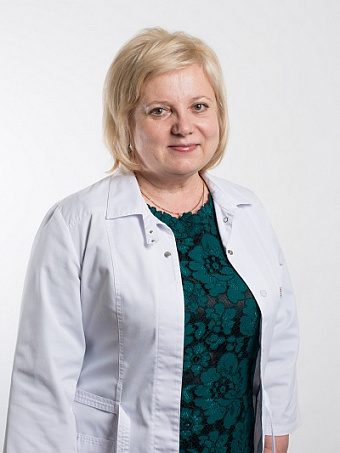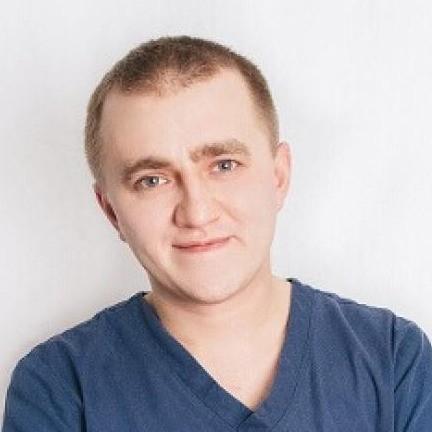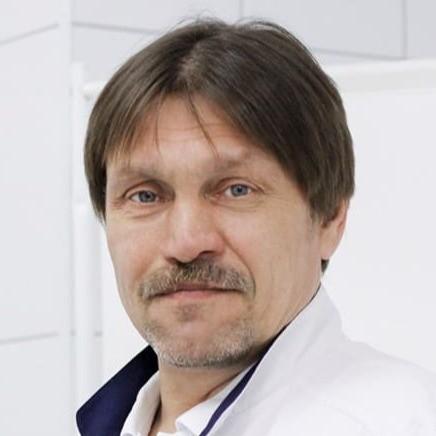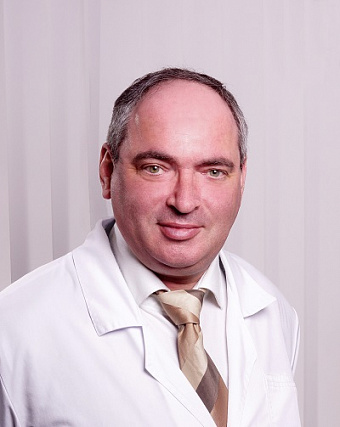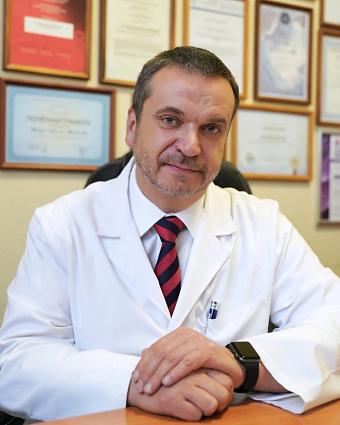Bone Marrow Transplantation
Bone marrow transplantation is a method used to treat severe diseases of the blood and immune system by replacing damaged or destroyed cells with healthy stem cells. The goal of the procedure is to restore normal blood formation and the patient’s immune function.
Types of Bone Marrow Transplantation
Autologous Transplantation
In this case, the patient’s own cells are used. They are collected in advance, followed by a course of chemotherapy, after which the material is returned to the body.
Allogeneic Transplantation
This involves the use of donor cells — either from a matched relative or an unrelated person selected based on the HLA system.
Umbilical Cord Blood Transplantation
The material is collected from the umbilical cord of a newborn. This method is more commonly used in children or when no suitable donor is available.
Syngeneic Transplantation
The procedure is performed between identical twins, eliminating the risk of immune rejection.
Indications for Bone Marrow Transplantation
Diseases Treated by Transplantation
-
Acute and chronic forms of leukemia
-
Aplastic anemia
-
Lymphomas
-
Multiple myeloma
-
Congenital immunodeficiency disorders
Additional Indications
-
Severe autoimmune diseases
-
Hereditary metabolic disorders
Contraindications
Severe Infections and Organ Failure
-
Active infectious processes
-
Severe dysfunction of the heart, liver, kidneys, or lungs
Mental Health and Other Factors
-
Unstable psychological conditions
-
Lack of appropriate recovery conditions
Bone Marrow Transplantation Procedure
Preparation
At this stage, conditioning is carried out — a course of chemotherapy and/or radiation aimed at destroying affected cells.
Stem Cell Collection
The material is obtained either from the bone marrow through puncture or from the blood after stimulation with special medications.
Transplantation Day
Prepared cells are administered to the patient intravenously. The process is similar to a standard blood transfusion and is painless.
Post-Transplant Care
Includes isolation, strict sanitary measures, monitoring, prevention of complications, and immune system support.
Risks and Complications
Infections and Graft-versus-Host Disease (GVHD)
GVHD is a condition where donor cells may attack the patient’s tissues. Immunosuppressants are used for prevention and treatment.
Graft Rejection and Other Risks
Possible complications include:
-
Engraftment failure
-
Bleeding
-
Organ damage due to prior treatment
Recovery
Rehabilitation may take several months to a year. The patient needs regular check-ups, a special diet, protection from infections, and psychological support.
Bone Marrow Transplantation in Russia
Clinics
-
N.N. Blokhin National Medical Research Center of Oncology (Moscow) — one of the leading centers specializing in such procedures.
-
EMC (European Medical Center, Moscow) — a private clinic with a high level of medical service.
Cost of Treatment
Prices for bone marrow transplantation in Russia vary:
-
Autologous method — from $18,700 to $31,000
-
Allogeneic from a related donor — from $31,000
-
Allogeneic from an unrelated donor — from $43,000
How the MARUS Platform Helps
MARUS is a service that assists international patients in organizing bone marrow transplantation in Russia. The platform’s team selects the clinic, coordinates diagnostics and treatment, helps with visas, accommodation, and patient support. Patients receive assistance at every stage — from initial contact to completion of therapy.
Ophthalmology
Oncology
Dentistry
Oncohematology
Care Assistants
All information on this website is provided for informational purposes only and does not constitute medical advice. All medical procedures require prior consultation with a licensed physician. Treatment outcomes may vary depending on individual characteristics. We do not guarantee any specific results. Always consult a medical professional before making any healthcare decisions.

Doctors
Choose the package that suits you best — from selecting the right doctor and clinic to full trip and treatment organization
MARUS support options
Choose a package that works for you — from choosing your doctor to full-service travel and treatment
Send a request
You choose the clinic — we’ll take care of travel and treatment arrangements and all the paperwork.


